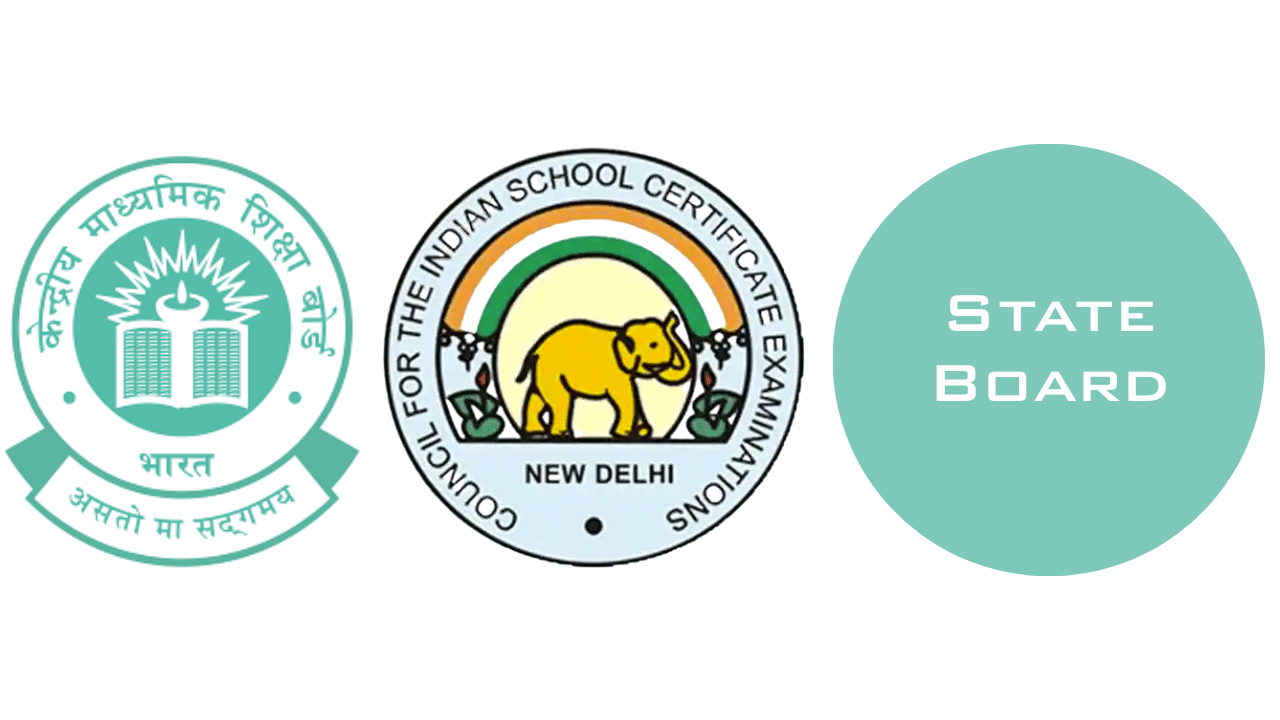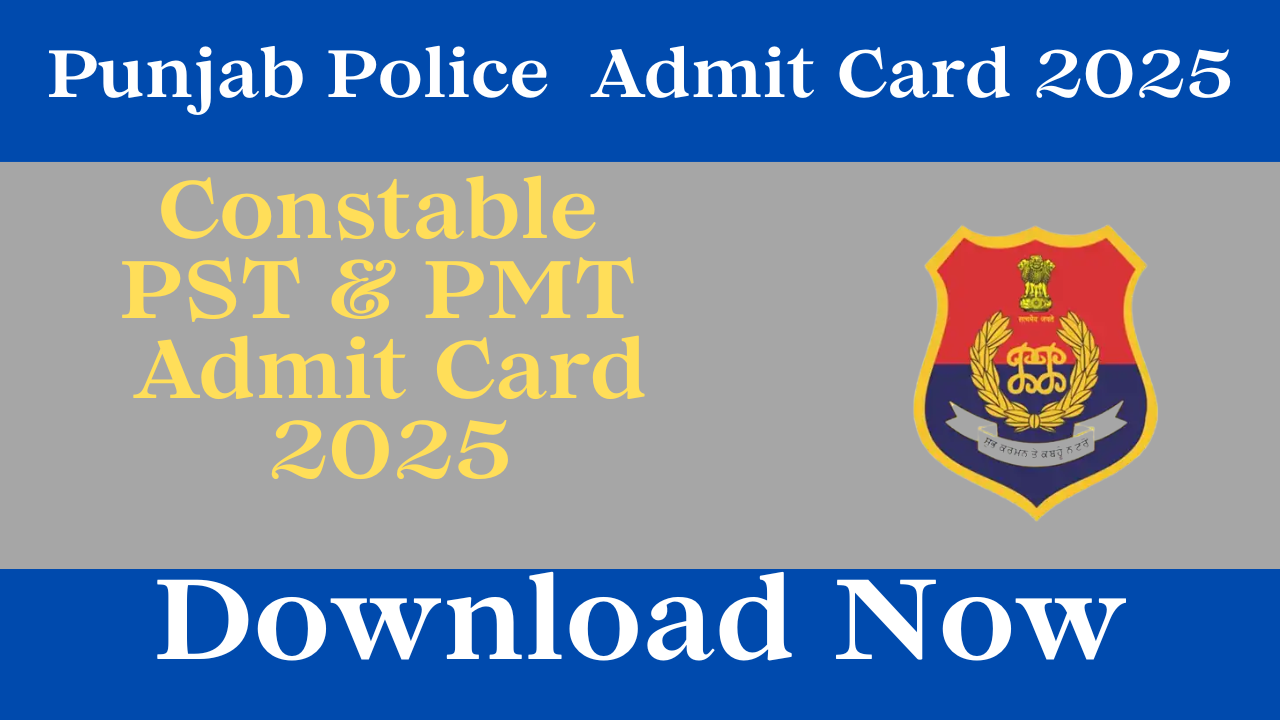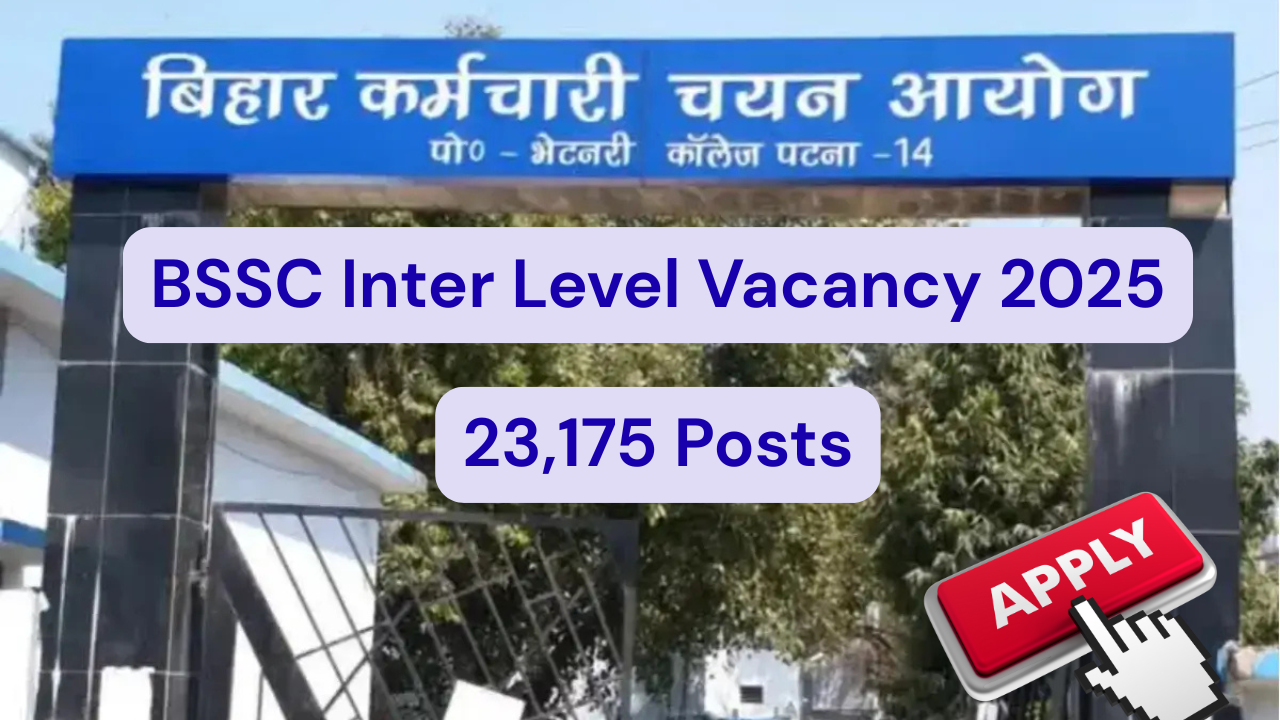Choosing the ideal school board is one of the most significant decisions that parents and students make in India. With multiple boards functioning in the country — primarily CBSE, ICSE, and the various State Boards — it can be challenging to decide which one is best suited for a student’s learning style, academic goals, and future plans.
Each board has its own curriculum design, teaching approach, exam pattern, language emphasis, and recognition. While CBSE is often seen as the go-to option for students targeting national competitive exams, ICSE is prized for its in-depth rigor and emphasis on languages and holistic development. State Boards, on the other hand, reflect regional contexts, local languages, and state-specific academic needs.
In this comprehensive guide, we’ll compare CBSE vs ICSE vs State Boards across multiple parameters: curriculum, teaching methodology, assessment, future advantages, pros and cons, and suitability for different student profiles. By the end, you should have a clear framework to make a well-informed choice in 2025.
Understanding the Three Major Boards in India
Before diving into comparisons, let’s understand what each board represents, who runs it, and their broad characteristics.
CBSE (Central Board of Secondary Education)
- Governing body: National board under the Ministry of Education, Government of India.
- Reach / Affiliation: Very wide. Thousands of schools across India (and some abroad) are affiliated.
- Medium of instruction: English and Hindi (depending on school).
- Curriculum focus: Emphasis on conceptual clarity, especially in Mathematics, Science, and logical reasoning.
- Exam style and assessment: Balanced mix of objective and subjective questions; strong alignment with national competitive exams.
- Ideal for: Students who plan to appear for JEE, NEET, CUET, or other central-level competitive exams, or for those whose families might relocate across states.
ICSE (Indian Certificate of Secondary Education) / ISC
- Governing body: CISCE (Council for the Indian School Certificate Examinations), a private council.
- Reach / Affiliation: Fewer schools compared to CBSE, mostly private, often in urban centers.
- Medium of instruction: English (almost exclusively).
- Curriculum focus: More balanced across languages, arts, humanities, sciences, and creative subjects. Encourages depth, analysis, project work, and internal assessments.
- Exam style and assessment: More descriptive, elaborate, internal assessments and project work count significantly.
- Ideal for: Students aiming for strong English and language skills, who desire rigorous academic grounding, or plan to study abroad where strong writing and analytical capability matters.
State Boards
- Governing body: Each state has its own education board (e.g., Maharashtra State Board, Tamil Nadu Board, UP Board, etc.)
- Reach / Affiliation: Predominantly most schools in that state are under the State Board.
- Medium of instruction: Often regional language plus English (depending on the state).
- Curriculum focus: Reflects local needs, culture, language, and state-level exam patterns.
- Exam style and assessment: Varies widely from state to state. Often more theory-based, sometimes lighter or stricter depending on the state.
- Ideal for: Students planning to continue education within their state, or preparing for state-level entrance exams or government jobs in the state.
Also read: ISC Class 12 Datesheet 2025 – Download CISCE Timetable PDF
Key Dimensions of Comparison
Below is a detailed analysis of how CBSE, ICSE, and State Boards differ on crucial parameters a parent or student should evaluate.
| Criterion | CBSE | ICSE / ISC | State Boards |
|---|---|---|---|
| Curriculum breadth & depth | Moderate to balanced; structured | High depth and breadth, variety | Varies; often narrower or state-specific |
| Syllabus volume | Manageable | Extensive, detailed | Varies; some easier, some rigorous |
| Subject choices / electives | Moderate flexibility | High flexibility (creative, arts, technical) | Usually more limited |
| Assessment & exam style | Mixed objective + subjective | Descriptive, projects, internal assessments | Mostly theoretical, state exam style |
| Competitive exam alignment | Very high (JEE, NEET, CUET) | Moderate – needs adaptation to CBSE/NCERT | Usually poor alignment (state focus) |
| Grading system | Grades + marks (CGPA) | Marks / percentage | Mostly marks; sometimes custom grading |
| English / language emphasis | Balanced | High (strong emphasis) | Varies; often less emphasis |
| Recognition / transferability | High across India & abroad | Good recognition, especially abroad | Restricted mostly in-state |
| Resource availability / coaching | Extensive | Moderate | Varies; less for national exam preparation |
| Cost & accessibility | Moderate | Relatively higher | Often more affordable |
| Suitability | Best for exam-oriented path, mobility | Best for holistic, language, abroad | Best for state-level pathway, affordability |
Let’s break down each of these aspects further with examples, pros & cons, and practical guidance.
Also read: Paramedical Courses After 12th: Career Options, Eligibility, and Top Programs Without NEET
Curriculum, Teaching & Learning Approaches
Syllabus Design & Volume
- CBSE aims to keep the syllabus balanced and manageable so that students can build strong fundamentals without excessive burden. It often draws from NCERT textbooks, which are core references for many national entrance exams.
- ICSE is more expansive. Students study more topics, often with deeper theory, language, literature, and electives from early grades. They may tackle projects, internal assessments, and independent research work.
- State Boards vary greatly. Some states adopt NCERT-based textbooks, making them close to CBSE in content; others have wholly distinct syllabi tailored to regional needs.
Teaching Pedagogies & Classroom Experience
- In CBSE schools, the approach commonly leans toward conceptual clarity, regular practice, and standardized assessments.
- ICSE schools often promote critical thinking, analysis, writing skills, discussions, and project-based learning.
- State Boards may rely more on lecture-based methods, especially in government-run or rural schools, though many are modernizing.
Subject Flexibility & Electives
ICSE often provides more subject flexibility and encourages exposure to non-mainstream areas (Home Science, Performing Arts, Environmental Studies, etc.). CBSE has introduced skill subjects and electives over time to match this trend. State Boards may have constrained options, especially in rural or smaller schools.
Assessment, Exams & Grading
Examination Pattern
- CBSE has a mix of objective (MCQs), case-based questions, short and long answers. It aligns its pattern to national competitive exams.
- ICSE gives more weight to descriptive and analytical responses, projects, internal assessments, and subjectivity.
- State Boards often follow a fixed state exam pattern, sometimes mostly theory and direct questions.
Internal Assessment & Projects
ICSE gives strong weight to internal assessments, project work, and continuous evaluation. CBSE also has provisions for internal assessments and periodic evaluations. State Boards differ by state — some include projects or assignments, others less so.
Grading / Marking
- CBSE has a combination of marks and positional grades (CGPA) in its system.
- ICSE typically uses marks and percentages.
- State Boards may follow marks or custom grading, depending on the board.
Pros & Cons of Each Board
CBSE
Pros:
- Closest alignment with national-level competitive exams (JEE, NEET, CUET).
- Widespread school network makes transfers across states easier.
- Balanced curriculum that often is less stressful than ICSE in early years.
- Extensive study materials, coaching, sample papers, and support are available.
Cons:
- Less depth in languages, literature, and creative subjects.
- Sometimes criticized for being exam-oriented rather than fostering deep thinking.
- Fewer electives compared to ICSE.
ICSE
Pros:
- Strong emphasis on English language, writing, literature, and communication skills.
- Rich and diverse curriculum that encourages analytical thinking.
- Attractive for students aiming for international or liberal arts-pathways.
Cons:
- Hefty syllabus — more demanding and time-consuming.
- Fewer schools and higher cost in many places.
- May require extra coaching or self-study to adapt to CBSE/NCERT-based entrance exams.
State Boards
Pros:
- Often more affordable and accessible, especially in rural and semi-urban areas.
- Regional language and local content make it contextually relevant.
- Good for students planning to continue education or seek employment within the same state.
Cons:
- Varying quality and academic standard across states.
- Often ill-aligned with national-level exams.
- Limited resources, especially in remote or underfunded schools.
Which Board Best Supports Competitive Exams?
A major concern for many parents and students is: Which board will best prepare my child to crack exams like JEE, NEET, CUET, UPSC, etc.?
- CBSE scores highest here because its curriculum is closely aligned with NCERT textbooks, which are the foundation for many national exams. Many question banks, mock tests, and coaching centers assume a CBSE base.
- ICSE, while strong academically, often diverges in style and coverage from the NCERT/CBSE schemes, requiring students to supplement their study with NCERT textbooks or coaching materials tailored to CBSE.
- State Boards generally lag behind in congruence with national-level exams, unless the state board itself has adopted NCERT or closely matched curricula. Some students from state boards may need bridging classes or additional study to catch up.
Multiple sources echo this viewpoint: CBSE is the practical choice for exam-centric students; ICSE offers depth but demands extra effort; state boards require supplementing for national exams.
If competitive exams are your priority, CBSE is often the safest bet — though success still depends heavily on student dedication, quality of teaching, and exam-specific preparation.
Board Choice & Studying Abroad
For students aiming to pursue higher education abroad (UK, USA, Canada, etc.), certain board attributes matter more:
- Recognition & Equivalence: Both CBSE and ICSE are widely recognized internationally, though ICSE’s detailed syllabus and English strength often get extra preference in some systems.
- Language & Communication Skills: ICSE’s stronger emphasis on English, writing, and literature can give an edge in overseas applications, essays, SOPs, and standardized English tests (IELTS, TOEFL).
- Curriculum Compatibility: Some international universities expect students to have exposure to interdisciplinary thinking, research, writing skills — traits that ICSE often fosters well.
- Supplementary Preparation: Even CBSE students may need to strengthen their writing, communication, or creative skills.
In short: ICSE is often more aligned with global expectations in liberal arts, but CBSE is by itself acceptable — you may just need to bolster certain skills.
Which Board is “Easier”?
“Easier” can mean fewer academic pressures, lower stress, or more free time. Here’s how it compares:
- State Boards are often perceived as easier in many regions, due to relatively simpler syllabus, regional language support, and lenient assessment patterns.
- CBSE strikes a balance — structured curriculum, moderate to challenging content, but with robust support systems.
- ICSE is often viewed as the toughest — syllabus is voluminous, assessments demand depth, writing, analytical thinking.
For many students, State Board offers a smoother journey, especially in contexts with fewer resources or heavy local constraints. CBSE is moderate but structured; ICSE is demanding but rewarding for those who can keep up and thrive under rigor.
Personality Development, Co-curriculars & Soft Skills
Academic learning is only one part of education. How does each board perform in shaping well-rounded personalities?
- ICSE: Strong in integrating arts, project work, debates, workshops, and creative assignments. It encourages students to express, write, discuss, and think beyond textbooks.
- CBSE: Offers skill electives, co-curricular activities, and inter-school competitions, but tends to give priority to core academics.
- State Boards: Varies widely. Some states and schools are progressively integrating co-curriculars; others may lack resources, leading to weaker soft-skill development.
For students whose strength lies in communication, arts, or holistic growth, ICSE often delivers the richer environment. CBSE performs reasonably well in that balance; State Boards depend heavily on the individual school.
Subject Choice & Flexibility
As students reach secondary classes (Grades 9–12), flexibility in subjects becomes important:
- CBSE offers streams (Science, Commerce, Humanities) and electives (skill, vocational, interdisciplinary) with moderate flexibility.
- ICSE typically provides more choices across arts, languages, technical, and creative domains.
- State Boards may restrict the combinations depending on staff availability, curriculum constraints, and state policy.
If your child wants to experiment, combine subjects, or take non-traditional courses, ICSE may offer more freedom. CBSE offers a solid balance; State Boards may limit choices.
Scoring & Examination Pressure
Many parents worry about board marks, ranking, and cutoffs:
- State Boards often allow relatively easier scoring in some regions, depending on evaluation patterns.
- CBSE has more predictable marking and grading schemes; students can often forecast performance with practice.
- ICSE is stricter, detailed, and demands high-quality written responses and analytical clarity.
If securing high marks is a key consideration (for scholarships or admission advantages), State Boards might seem tempting, but one must balance that against rigor, recognition, and long-term growth.
Making the Decision: What Should You Consider?
Choosing the right board is a personalized decision. Here are guiding questions parents and students should ask:
- What are your child’s academic goals?
- If your child aims for national-level exams, engineering, medicine, central government roles — lean toward CBSE.
- If the child is strong in languages, enjoys reading, writing, and might seek to study abroad — ICSE might be more suitable.
- If staying in-state for higher education or state government jobs is the plan — State Board could suffice.
- Does your family move frequently?
- CBSE has uniform curriculum across India — easier transitions.
- ICSE has fewer schools in some regions, transfers may be harder.
- State Boards often do not transfer well across states.
- Can your school provide quality education?
- Even a good board fails to deliver if the school’s teaching, infrastructure, or faculty is weak.
- How will you handle supplementary study?
- ICSE and some State Boards may require additional materials to align with entrance exam patterns.
- Your child’s learning style and stress tolerance?
- Some students thrive under rigorous environments (ICSE); some do better with structured but moderate load (CBSE); others might find State Board manageable given limited resources.
Final Thoughts
There is no absolute “best” board. Each board has strengths and limitations. But considering current trends, here’s a practical view:
- CBSE remains the safest, balanced, and most pragmatic choice for students planning mainstream higher education, aspirants of competitive exams, or families that move across states.
- ICSE is best suited for students who enjoy depth, languages, analysis, and might aim for abroad education — but they must be ready for a more demanding journey and possibly supplement study for exam alignment.
- State Boards work well when affordability, familiarity, or local context is paramount—but students may have to work harder to match competitive exam standards or cross-state mobility.
In 2025 and beyond, many State Boards themselves are reforming, adopting NCERT patterns, updating textbooks, and aligning more closely with national norms. The gap between boards is narrowing in some regions.
At the end of the day, the success of a student depends less on the board label and more on quality of teaching, consistency in study habits, clarity of goals, and support system. Choose the board that allows your child to be confident, motivated, and well-prepared for the future.
Also read: How to Apply for CBSE Udaan Scheme 2025 – Check Eligibility & Benefits
FAQs
Q1. What is the main difference between CBSE, ICSE, and State Board?
CBSE focuses on a national-level curriculum with an emphasis on science and math, ICSE provides a balanced approach with equal weight on language, arts, and sciences, while State Boards vary by region and often align with local needs and state-level exams.
Q2. Which board is better for competitive exams like NEET, JEE, or UPSC?
CBSE is generally considered better for competitive exams as its syllabus is closely aligned with national-level entrance tests like JEE and NEET.
Q3. Is ICSE tougher than CBSE?
Yes, ICSE is considered slightly tougher than CBSE because it has a more detailed syllabus, higher focus on English, and in-depth study of all subjects.
Q4. Which board gives more importance to English?
ICSE gives more weightage to English compared to CBSE and most State Boards, making it advantageous for students aiming for higher studies abroad.
Q5. Are CBSE schools available in all states of India?
Yes, CBSE has a nationwide presence with thousands of affiliated schools across every state and union territory in India.
Q6. Which board is more recognized internationally, CBSE or ICSE?
Both are recognized, but ICSE has better international recognition due to its English language focus and broader curriculum, making it preferred for students planning to study abroad.
Q7. Which board is cheaper: CBSE, ICSE, or State Board?
State Board schools are usually the most affordable, followed by CBSE. ICSE schools tend to have higher fees due to their infrastructure and curriculum requirements.
Q8. Which board offers more practical-based learning?
ICSE offers more practical-based and application-oriented learning, while CBSE focuses on theoretical and exam-oriented preparation.
Q9. Which board is better for overall personality development?
ICSE is often considered better for overall personality development since it encourages project work, group discussions, and co-curricular activities along with academics.
Q10. Can a student switch from State Board to CBSE or ICSE?
Yes, students can switch boards, but it may be challenging due to differences in syllabus and teaching methodology. A transition is easier in lower classes than in higher grades.
Q11. Which board is easier to score high marks in?
CBSE is generally easier to score in compared to ICSE because of its exam-friendly structure and concise syllabus. State Board marking schemes vary from state to state.
Q12. Which board provides better options for higher education in India?
CBSE aligns best with Indian higher education entrance exams, making it a preferred choice for engineering, medical, and government job aspirants.
Q13. Is NCERT followed by all boards in India?
No, NCERT textbooks are mainly prescribed in CBSE schools, while ICSE and State Boards have their own textbooks and syllabi.
Q14. Which board is more flexible with subjects?
ICSE offers more subject choices and flexibility, especially in languages and arts, compared to CBSE and most State Boards.
Q15. Which board should parents choose for their child in 2025?
Parents should choose based on the child’s future goals: CBSE for competitive exams, ICSE for all-round development and global recognition, and State Board for cost-effectiveness and state-specific needs.









